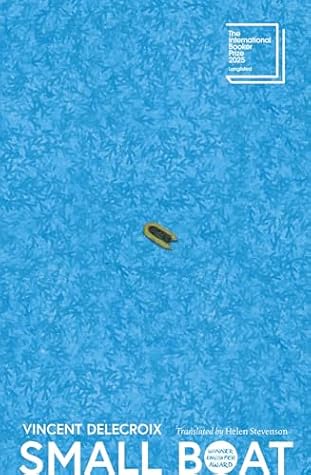More on this book
Community
Kindle Notes & Highlights
Empathy, I said to the police inspector, is an idiotic luxury indulged in by people who do nothing, and who are moved by the spectacle of suffering.
when it came to justifying one’s acts, or indeed one’s words, in other people’s eyes or in one’s own. It was either ludicrous, as she put it clumsily, or suicidal. But whatever the logic, the result was the same: sinking, as she again put it, because it’s precisely when you’re trying to wriggle out of something that you start sinking, unless you’re actively willing it. In the end, the only thing you succeed in saying is I’m guilty, whether you refuse to say it or you’re actually trying hard to say it. You say it when you say it and you also say it when you’re saying its opposite.
One can only prove one’s innocence to the degree to which one has assumed one is innocent to start with. You end up where you started, having proved nothing, because it amounts absurdly to providing proof of an axiom on which the very possibility of providing proof depends. But the fact is that no one is prepared to admit it’s an illusion, because the illusion hides the exact opposite, namely that everyone is guilty.
and, really, I have no problem listening to the recordings of that night and hearing my own voice, because it’s not the voice of a monster or a criminal on the tape – it’s the voice of all of us.
(People accuse me of not putting myself in their place, I thought once more. But the truth is exactly the opposite: I am in their place because I’ve taken their place, and the ones that drown are taking my place, and they are drowning so I can stay on the surface and I can stay on dry land while they are in the water)
You are all there. If I turned round I would see you all, sunk into your sofas on the sand, in your deck chairs, in your offices, watching without watching, while I keep my vigil like an idiot, and afterwards, once the drama is over, lashing out, saying: It’s a scandal, It’s revolting. And yet that night I saw not one of them jump into the water to help, not one offering to reinflate the rubber dinghy with his own feeble lungs. But when it comes to protesting and calling other people monsters, then everyone has enough breath.
Blind spectators and a spectacle for the blind. They watch, they see nothing; in fact they can’t see anything. The stage is blacked out, and at this distance, from their sofas or in front of their TVs, they can’t make anything out. They see nothing, but are still present at the drama. I am the only one with opera glasses, who sees. But not one person in the audience asks me to lend them my glasses, not one wants to step onto the darkened stage, not one looks like getting up to step into the water.
And to the blind man, spitting on me as he finishes his copious lunch with colleagues and goes back to his little office, I’ll say: Hey, jerk, see that guy sleeping in a cardboard box at the foot of your building? He’s rowing across the tarmac, he’s sinking too. But he’s not dozens of kilometres out at sea, at dead of night, he is quite easy to geolocate, he’s just in front of your feet. So are you going to send him help or is that my job again?
I know people would have liked me to say: You’re not going to die, I’ll save you. And not because I would have actually saved them, done my job, done the necessary, sent rescue. Not because I’d done what you’re meant to do. They wanted me to have said it, at least to have said it, just to have said the words.
In the end, whether they drowned or not didn’t matter; what mattered were my words. What mattered was not that they were saved; it was that I should be saved, and the whole world with me, through these words. Saved by my own words, not condemned by them. But I said: You will not be saved.
And if, listening to the recording, the investigator turns her gaze away, unable look at me, with that sad, devastated look in her eyes, it’s because it’s not me she’ll hear, but herself and everyone along with her, saying: I will not save you, while she wanted to hear me say the opposite – wanted it for herself, for everyone, so humanity could be reassured about itself, so humanity need not doubt its humanity, and so she would not have to fear what she’d become, that is to say, a woman like me, like the one I’ve become.


